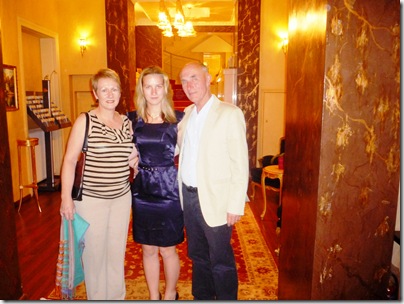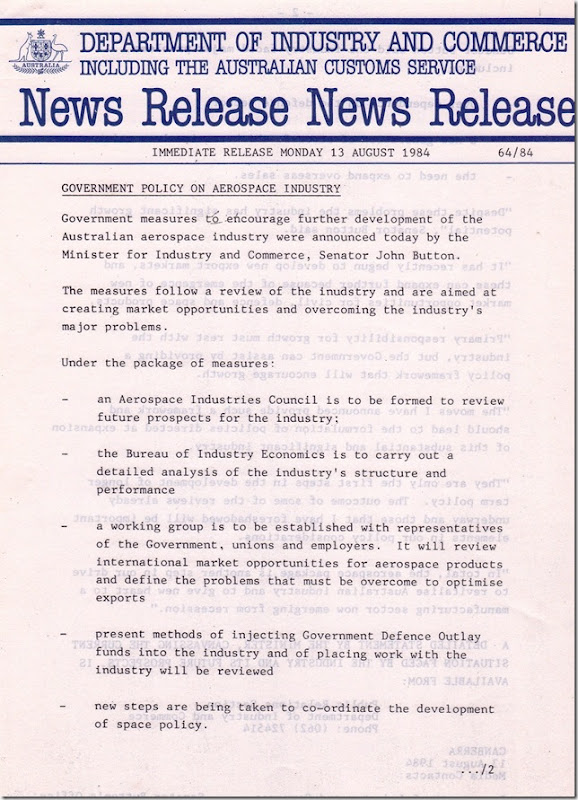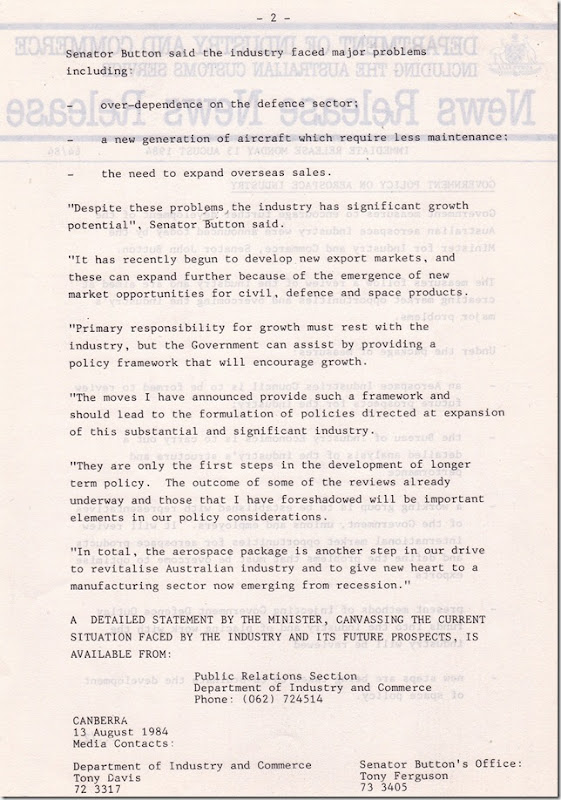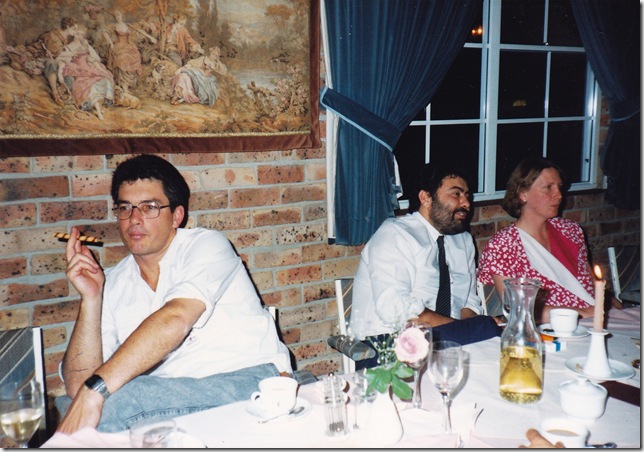My thanks to readers who picked up the error in yesterday's post, Why I support Tony Windsor. Such a stupid basic thing to do and so public. I'm still not quite sure how it happened. Still, as I said in a Facebook comment, it's actually reassuring to know that my errors do get picked up.
Today, just a few Sunday Snippets.
For a while, I thought that we had lost Paul Barratt to the world of Twitter. However, Australian Observer is back to regular posts. Before talking about the posts, a comment on Twitter itself.
Working on site, I don't have access to Twitter during the day. The network settings ban access to social media sites including Facebook as well as Twitter. I used to check in with Twitter several times a day. Now checking in only at night, I find that the stream of short tweets has become just too large for me to comprehend. I am very close to becoming an ex-Twitter person.
Returning to Paul, I thought of marcellous as I read Eula Beal sings Bach. Sidetracking, Sydney is a very small world. More precisely, it is a large sprawling city made up of many small worlds that sometimes interact. Marcellous's Underutilised is a case in point. This is a supremely local village green type post. It made great sense to me because marcellous is talking about an area I know well. Yet, like stories in a local newspaper that you have read while travelling, it probably seems tantalisingly obscure to others. You get it, but you also know that you are missing much.
In Sending Australians to War, Paul reports on the release by the Medical Association for the Prevention of War (MAPW – www.mapw.org.au) of a paper he had written for them on the desirability of relocating to the Australian Federal Parliament the decision making power concerning the deployment of the Australian Defence Force into hostilities or situations likely to lead to hostilities. In another post, guest blogger Andrew Farran's Defence Force Structure - Looking in the wrong direction again! looks as at the discussion on the future directions of Australia's defence policy.
Both posts reflect Paul's long standing interest in defence policy. If you read Sending Australians to War, you will see that Paul is a pretty effective publicist! The Farran post is interesting, but to me it misses one major point. There is not a single reference to India. Australia is concerned with the Indian as well as Pacific oceans. To my mind, the evolving relationship between India and China is critical to the future strategic scene.
As I said in a comment on Winton Bate's post What is the 'World Happiness Report'?, there is something almost Orwellian about some of the discussion that takes place on happiness and national well being. Crudely, and this obviously reflects my own biases, the selection of metrics to measure happiness can lead to official action to try to improve those metrics. Happiness, or at least a version of it as measured, is mandated.
This is not an attack on Winton's post nor his broader arguments, just an observation on official actions.
I know that I get a bit boring on some of these things, but have a look at Young love comes back to haunt couple. As the state gets deeper and deeper into its command, control and protect phase, the victims mount. They are the collateral detritus.
I find in discussion on these issue that people are pretty blind to the adverse results - yes but rules. it's not until it happens to them that they get it, and then it becomes very personal.
Staying local, down in Wollongong Neil Whitfield's Musing on my Anzac Day experience this year records his reactions to his participation in the ANZAC Day march. Neil (Ninglun) and I have been blogging friends for a long time. I read the post at a personal level and was glad.
Denis Wright was another Australian blogger recording his reactions to ANZAC Day. On war and peace starts with Gandhi and then moves forward. I often think of Ramana when I read Denis. Both have a deep interest in spiritual issues, both usually write gentle personal posts observing their personal world that tend to uplift, while Denis has a deep interest in Asia and especially the Indian sub-continent.
Denis's second ANZAC Day post was Four seasons and a wedding. Do read it. I think that you will find it accessible even though it's another local post. It's also part of a world that Denis and I share. It represents a small slice of that New England life and history whose texture, the pattern, I try to bring alive in some of my own writing.















